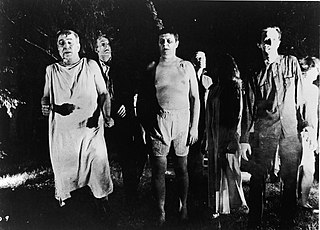
“An effective way to diagnose a society is to look at its popular arts. The popular imagination of a culture tells stories. It gives clues to its self-understanding. Writing about zombie movies, Paul Pastor comments that “really, the films are about us, about all of us, in this time and
place in history, and about our hopes and fears.” A society discloses its ailments with fairy tales, movies, video games, television, and social media. The stories that resonate today are very revealing about the mission of the church. There are tales of zombie apocalypses, vampires, contagions, and epidemic diseases threatening the stability of the world. These may sound frivolous, but societies live out their dreams and nightmares. The form these nightmares take clarifies what the church faces. The forces arrayed against Christianity are more like deadly zombies, brutal disease, and vampires than rifle-toting soldiers in straight lines or professional athletes in a stadium. These images suggest the direction
in which the church might move to meet its real enemies. Diagnosing such mass entertainment or social media fads does not yield programs or specific strategies. Such fads suggest ways to think and how best to approach the problem of missions in an age of apathy and hostility to the message. They show us ways in which current approaches are mismatched with the world the church inhabits. The fact is simply that such adversaries are not easily conquered. The movies and stories about such adversaries are tales of terror, loss, and fear. They do not feel good-stories with happy endings where everyone gets away clean and safe. The evil that the church faces today is deep and difficult. There is an awareness among even the most energetic proponents of mission and outreach that something is different about the atmosphere in which churches and pastors labor. The easy answers don’t work. These realities suggest that mission starts with prayer. This seems a facile and clichéd thing to advocate. Often prayer is brought up simply to fill another bullet point in an outreach presentation otherwise jammed with practical, hands-on activities. But when faced with the existential threats the church now sees outside its doors, prayer goes from being a perfunctory embellishment to being closer to the focus of the entire enterprise.” Paul Gregory Alms – “The Mission of the Church in the Age of Zombies”.

